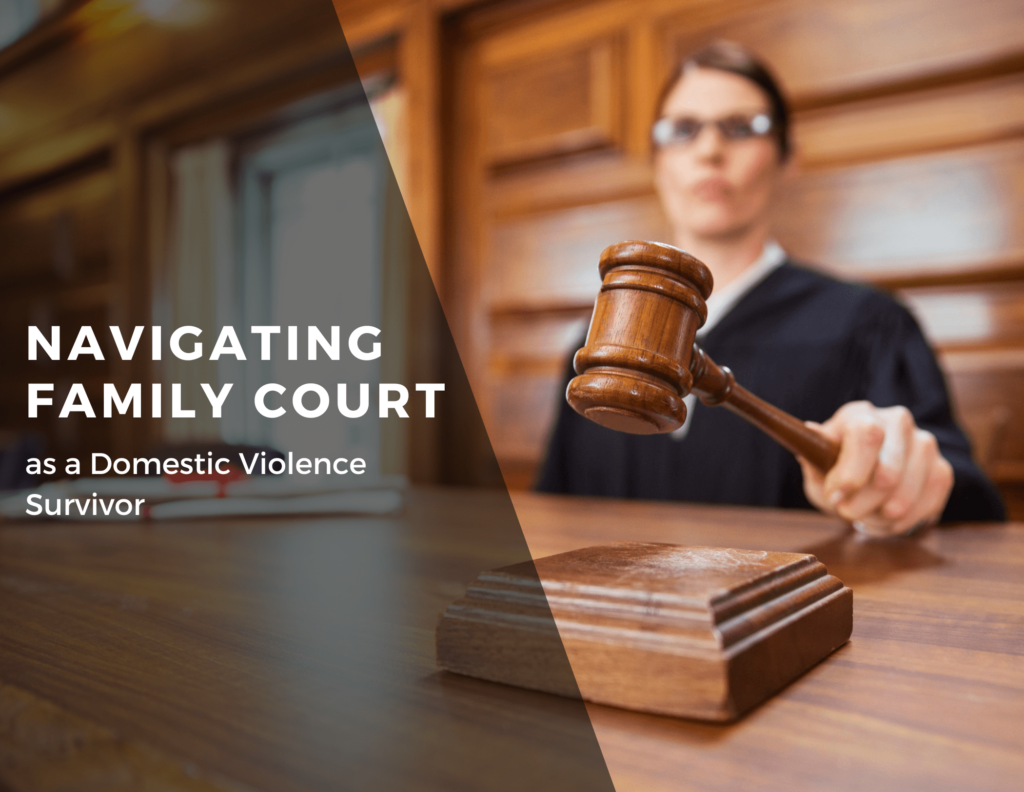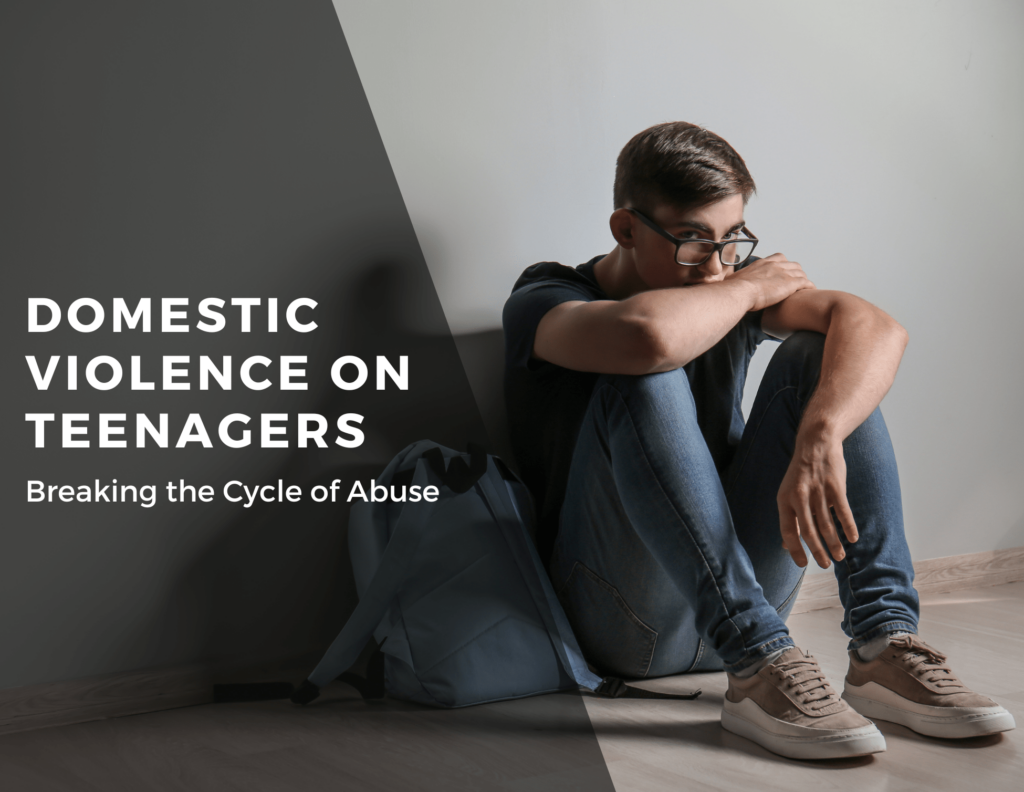Cultural Barriers for Domestic Violence Survivors

Understanding Cultural Barriers for Domestic Violence Survivors in Canada
Cultural barriers for domestic violence survivors are a serious issue affecting many individuals in Canada. While laws and resources exist to protect and support survivors, cultural norms and beliefs can create significant barriers. These barriers can prevent people from recognizing abuse and seeking help. Understanding and addressing these cultural barriers is essential to ensure that all survivors receive the support they need.
The Influence of Cultural Norms
Cultural norms significantly influence beliefs, values, and behaviours within communities. In Canada, a multicultural society, these norms can vary widely among different cultural groups. For example, some cultures emphasize family honour and privacy, leading to a reluctance to report domestic violence. Survivors may fear bringing shame to their family or community and may avoid seeking help due to these concerns.
The Main Cultural Barriers for Domestic Violence Survivors
Gender Roles and Expectations
Traditional gender roles are deeply ingrained in some cultures. In many communities, women are expected to be submissive and obedient to their husbands. This belief can make it difficult for women to recognize abuse as it might be seen as a normal part of marriage. These gender roles can also discourage women from seeking help, as they may believe they are supposed to endure the abuse.
Language Barriers
Language barriers are a significant issue for many domestic violence survivors in Canada. Immigrants and refugees who do not speak English or French fluently may struggle to access resources or communicate their needs. This can lead to isolation and make it harder for survivors to find the support they need.
Fear of Deportation
Immigrants and refugees in Canada may fear deportation if they report domestic violence. Abusers often exploit this fear, using a victim’s immigration status as a tool of control. Survivors may worry that seeking help will lead to their deportation or separation from their children. This fear can prevent them from reaching out to law enforcement or other support services.
Stigma and Shame
In many cultures, there is a significant stigma attached to being a victim of domestic violence. Survivors may feel ashamed or embarrassed to admit they are being abused. This stigma can be compounded by cultural beliefs that prioritize family unity over individual well-being. As a result, victims may stay silent to protect their family’s reputation.
Lack of Awareness
In some communities, there may be a lack of awareness about what constitutes domestic violence. Cultural beliefs might normalize certain abusive behaviours, making it difficult for victims to recognize that they are being abused. Education and outreach are crucial in these communities to help individuals understand their rights and identify abuse.
Religious Beliefs
Religious beliefs can also play a role in how domestic violence is perceived and addressed. In some cases, religious teachings may be interpreted in ways that justify or excuse abusive behaviour. Survivors may feel pressure to stay in an abusive relationship due to religious expectations about marriage and divorce.

Navigating Cultural Barriers for Domestic Violence Survivors
To effectively support domestic violence survivors, it is essential to understand and navigate these cultural barriers. Here are some strategies:
Culturally Sensitive Support Services
Support services should be culturally sensitive and aware of the specific challenges faced by different communities. In Canada, this includes providing multilingual resources and staff who understand the cultural context of the survivors they are helping. Organizations such as the Canadian Women’s Foundation and ShelterSafe offer culturally sensitive resources and support for domestic violence survivors.
Community Outreach and Education
Education is key to breaking down cultural barriers. Community outreach programs can raise awareness about domestic violence and provide information about available resources. This can help change harmful cultural norms and empower survivors to seek help. Organizations like the Ending Violence Association of Canada work to educate communities and promote awareness of domestic violence.
Collaboration with Community Leaders
Engaging with community leaders can be an effective way to address cultural barriers. Leaders who are respected within their communities can help spread awareness and advocate for survivors. Their support can also help reduce stigma and encourage more victims to come forward. In Canada, community-based organizations often collaborate with cultural and religious leaders to reach out to diverse communities.
Legal Protections and Policies
Canada has strong legal protections for domestic violence survivors. Governments and organizations should work to ensure that these protections are accessible to all survivors, regardless of their cultural background or immigration status. This includes providing safe reporting mechanisms and ensuring that survivors are not at risk of deportation when they seek help. The Immigration and Refugee Protection Act includes provisions to protect survivors of domestic violence.
Safe and Confidential Reporting
Creating safe and confidential ways for survivors to report abuse is crucial. This can include anonymous hotlines, online reporting tools, and discreet support services that protect the survivor’s privacy. Organizations like Assaulted Women’s Helpline provide confidential support to survivors across Canada.

Empowering Survivors
Empowering survivors involves providing them with the resources and support they need to rebuild their lives. This includes access to legal assistance, counselling, housing, and financial support. Empowering survivors also means respecting their cultural background and providing support that aligns with their values and beliefs. Programs like the Ontario Domestic Assault Risk Assessment help ensure that survivors receive comprehensive support.
Changing the Cultural Barriers for Domestic Violence
Cultural barriers for domestic violence can significantly impact its recognition. By understanding these barriers and implementing strategies to navigate them, we can better support survivors and work towards ending domestic violence in Canada. It is essential to create an environment where all survivors feel safe and empowered to seek help, regardless of their cultural background.
Addressing the cultural barriers for domestic violence requires a collective effort from individuals, communities, and organizations. By working together, we can break down cultural barriers and provide the support that survivors need to heal and thrive.
Find a Shelter
Shelters can help you in many ways other than just welcoming you for a time. They can also contact you with multiple other institutions and resources that will help you stay safe. From resources, help groups, directing you to food banks and other government programs. Domestic violence shelters are here to help you.
At Stepping Stones Crisis Society, you can always find help if you are considering leaving an abusive household in Northern Alberta, particularly in the Cold Lake and Bonnyville areas. You can reach our helpline at 780-594-3353 or contact us at ou******@*******************ty.ca. We offer an emergency residential shelter for women, with or without their children, and their family pets (dog or cat).
If you find this article useful or want to support our cause, please donate here. Every dollar counts and our clients will greatly appreciate it.

Share this:
Related Articles
Navigating Family Court as a Domestic Violence Survivor
Navigating Family Court as a Domestic Violence Survivor in Alberta Navigating the family court as a survivor of domestic violence can be daunting. In Alberta,…
The Effect of Domestic Violence on Teenagers
Understanding the Impact of Domestic Violence on Teenagers Domestic violence is a serious issue that affects millions of people worldwide, including teenagers. Adolescence is already…


